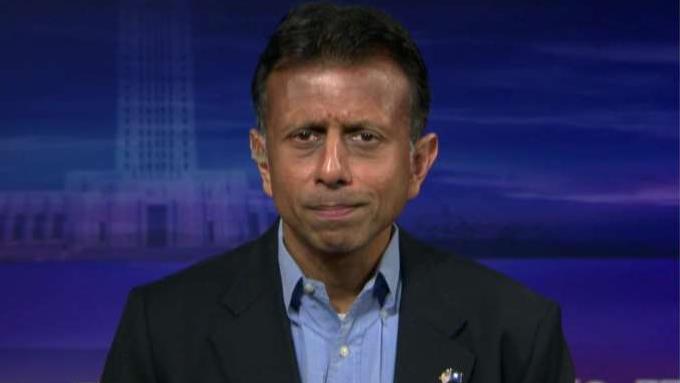Why middle-class Americans should worry about a wealth tax
The hot new idea to tax America’s rich is a wealth tax, which – although designed to target the wealthiest taxpayers – could end up eventually hurting middle-class families.
As opposed to taxes levied on income and payrolls, a wealth tax would target the value of accumulated assets owned by rich Americans – or their net worth.
Independent Vermont Sen. Bernie Sanders and Massachusetts Democrat Sen. Elizabeth Warren have each put forward proposals for wealth taxes, which they say will only apply to people with $32 million or more ($16 million for individuals) and $50 million, respectively, a relatively small group of taxpayers.
But experts aren’t so sure that target "small group" of taxpayers will hold over time.
“That was what they said about the AMT [Alternative Minimum Tax],” Tim Speiss, co-leader of EisnerAmper's Personal Wealth Advisory Group, told FOX Business. “If you drop the [wealth tax threshold] down to a lower net worth base, forget it.”
The AMT, which was enacted in 1969, was initially designed to target about 155 wealthy taxpayers who were entirely avoiding income taxes by claiming special deductions. It acts as an extra tax on some, on top of their regular income tax.
However, since the measure was not indexed for inflation, the proportion of people who were required to pay ballooned over time.
According to a congressional report, about 1 million people paid the AMT in 1999, while about 31 million did so in 2010 – which covered all but the very lowest income classes.
“The government over time started to realize how much revenue they were getting,” Speiss said. “When you look at what happened here, it became much broader than where it began … instead of it being this add-on tax it really became broadened under the 1982 [tax] legislation and then that was really it.”
Tax revenue from the AMT was about $122 million in 1970. By 2014 it had grown to $28.6 billion.
If provisions from the Tax Cuts and Jobs Act – which increased the AMT’s exemption and exemption phase out– aren’t extended, AMT revenue would leap from $6.2 billion in 2025 to $62.1 billion in 2026, according to estimates from the Tax Policy Center.
Chris Edwards, director of tax policy studies at the Cato Institute and editor of www.DownsizingGovernment.org, noted politicians would likely be faced with similar temptations after implementing a potential wealth tax.
“Once enacted, initial taxes just on the very rich wouldn’t raise much money, and the government would still have massive deficits with rising entitlement costs, so the liberal politicians would push to lower the wealth tax into the middle class,” Edwards told FOX Business.
Former Louisiana Governor and 2016 Republican presidential candidate Bobby Jindal made a similar point during an interview with FOX Business this week, adding that average Americans have a right to be worried.
“The problem with these plans is … it always starts out that way, you know the income tax was only going to be on the wealthy – these taxes only are going to be on wealthy people – and then before you know it, if you own a nice home, if you own your car, if you have some savings for retirement, before you know it these wealth taxes are going to catch you as well,” Jindal told FOX Business’ Neil Cavuto.
GET FOX BUSINESS ON THE GO BY CLICKING HERE
Edwards also pointed out that wealth taxes enacted in countries belonging to the Organization for Economic Cooperation and Development (OECD) have fairly low exemptions. In Switzerland, for example, the tax affected singles with net wealth slightly above 67,000 Euros (around $73,400) in 2017. When it still had the tax, Germany’s exemption threshold was around $66,800.
Perhaps that is why both Warren and Sanders have gone out of their way to hammer home the fact that their proposals would only affect the wealthiest Americans. Warren calls her plan the “ultra-millionaire tax,” while Sanders named his the “tax on extreme wealth.” They both are hoping the measure would help reduce growing economic inequality, as more resources become concentrated in the hands of a few rich individuals.
Critics, however, argue that there could be near-term repercussions for the economy. Rich Americans invest their wealth, creating jobs and income. That means a loss of innovation and opportunity if capital investment is discouraged. It also potentially means slower economic growth.
CLICK HERE TO READ MORE ON FOX BUSINESS
In addition to questions regarding its constitutionality, there are doubts over how the IRS would be able to administer the tax since it requires a determination of the value of things like art and business ownership stakes on a continual basis.




















